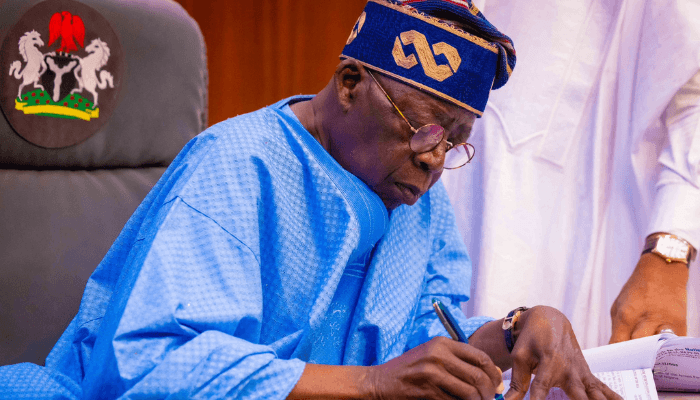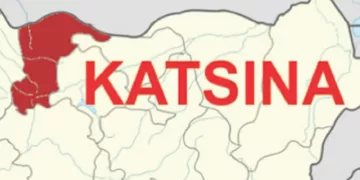The United Action Front of Civil Society has condemned the N8,000 monthly palliatives to 12 million households by the President Bola Tinubu-led administration, saying it exposes the reality of renewed misgovernance and corruption.
The CSO in a statement signed by the head, national coordinating centre, Olawale Okunniyi said the supposed intervention is erroneous and a poorly conceived ploy to hoodwink the masses, who have been unduly trampled and pauperised by the policy of the APC government under ex-President Muhammadu Buhari.
The leadership of the organised platform of the Nigerian civil society lamented that poor Nigeria are being forced to take the bitter pill of repaying a wrongheaded loan supposedly being acquired in their interest in the nearest future.
“It is no longer in doubt that the N500 billion approved by the House of Representatives on Thursday 13, 2023 as part of the amendment to the 2022 supplementary appropriation Act for the provision of palliative would be funded through an additional $800 million World Bank loan approved by the Senate. It is therefore worrisome that the new administration is treading in the erroneous indebtedness of its predecessor.
“It is also beyond doubt that the meagre monetary palliative could barely feed a family of two for five days considering the fact that the fuel price hike in the name of subsidy removal has deepened the proportion of multi-dimensional poverty in the country.
“There are indeed enough reasons to conclude that the N8,000 monthly handout to a mere fraction of the poverty-stifled masses would end up another avenue for the corrupt enrichment of a few clique in power, as witnessed with previous supposed poverty alleviation programmes of the APC, namely the tradermoni scheme, the direct cash transfer and the school feeding programme supervised by the Ministry of Humanitarian Affairs and Disaster Management,” the statement read.
They however, bemoaned the ridiculous tokenism which the new government is trying to foist on the country. It is indeed unfortunate that the government could be contemplating a meagre N8,000 six-monthly handout per tiny fraction of the several millions of households across the country at a time that a whooping N70bn has been voted for 469 member-national assembly.
The statement further read, “We make bold to assert that the N8,000 monthly handout is therefore not only insufficient but ludicrous and therefore cant and wont be the remedy for the deep hardship attributable to government reckless economic policy.
“It therefore speaks to lack of compassion and utter display of insensitivity and arrogance on the part of the leadership of the new administration to have concluded that the N8,000 monthly per household could sufficiently ameliorate the profound hardship aggravated by the hike in fuel price across urban and rural communities in Nigeria.
“It is also a matter of serious concern that the new administration is evidently unmindful of the overriding implication of the worsening debt burden under which the Nigerian economy continues to asphyxiate. Unfortunately, the chocking debt profile has further been worsened by the $800 million World Bank loan which is bound to widen 2023 budget deficit.
“It is however not surprising that the Senate speedily approved the $800 million World Bank loan on Friday 14, 2023 in pretence of supporting poor and vulnerable Nigerians under the guise of National Social Safety Net programme. What is however evident with the new loans is that the N8,000 monthly palliative proposed for 12 million households for a period of 6 months is a Greek gift after all.
“While desperate attempts are being made to hoodwink Nigerians that the N8,000 palliative is for the collective best interest of the masses, it has however become expedient to lament the inevitable reality ahead, in not too distant future, to the effect that the masses would be forced to endure further pains that come with repayment of corruption laden loans that would only increase the debt burden of the Nigerian people rather than alleviate the multidimensional poverty line in the country.”











